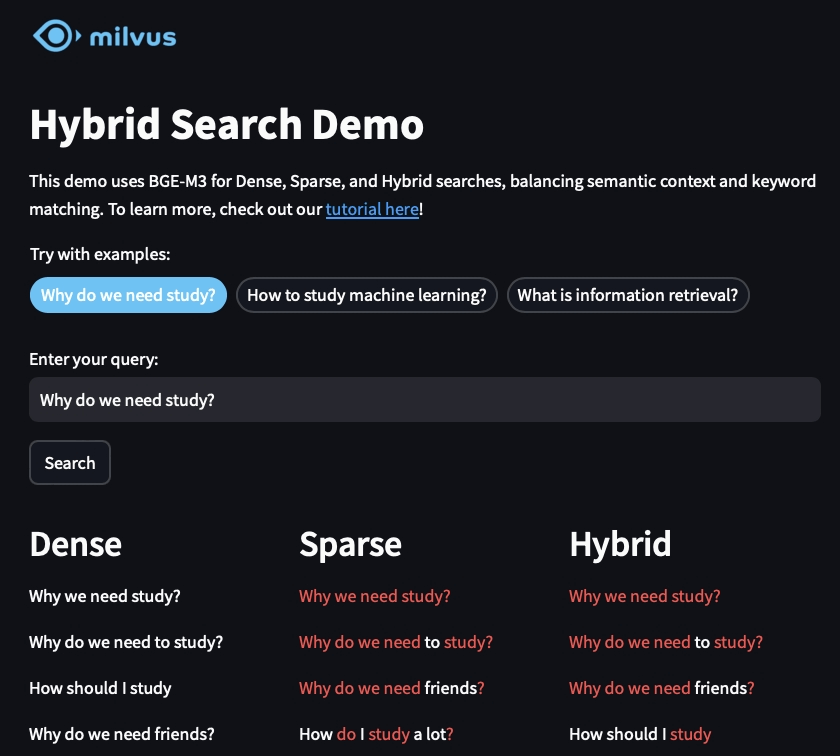Vector search enhances full-text systems by enabling semantic understanding, improving scalability, and supporting flexible data handling. Unlike traditional keyword-based search, which relies on exact matches or predefined rules, vector search represents data as numerical vectors. These vectors capture contextual relationships, allowing the system to find results based on meaning rather than just syntax. This approach addresses key limitations of traditional methods and opens new possibilities for search accuracy and efficiency.
One major benefit is improved semantic search capability. For example, a user searching for “how to fix a slow computer” might not find relevant articles if the content uses terms like “optimize PC performance” or “reduce system lag.” Vector search maps these phrases to vectors in a shared semantic space, recognizing their similarity even without overlapping keywords. This is especially useful in applications like customer support systems, where queries often vary in phrasing but share underlying intent. Developers can implement this using pre-trained language models (e.g., BERT or SentenceTransformers) to generate embeddings, ensuring the system understands synonyms, related concepts, and contextual nuances.
Another advantage is scalability with large datasets. Traditional keyword searches struggle with performance as data grows, requiring complex indexing and optimization. Vector search leverages approximate nearest neighbor (ANN) algorithms like HNSW or IVF, which efficiently narrow down candidates from millions of records. For instance, an e-commerce platform with 10 million products can use vector search to quickly retrieve items similar to a user’s query, even when the product descriptions vary widely. Additionally, vector databases like Pinecone or Milvus optimize storage and retrieval, making it practical to handle real-time queries on dynamic data, such as social media posts or streaming content.
Finally, vector search supports multimodal data integration. Since vectors can represent text, images, audio, or even structured data, developers can build unified search systems. For example, a medical database could allow searching for research papers using an X-ray image by converting both the image and text into vectors. This flexibility also enables hybrid approaches—combining vector-based semantic matches with traditional filters (e.g., date ranges or categories)—to refine results. By decoupling search logic from specific data formats, vector search simplifies the architecture of applications needing to handle diverse inputs while maintaining high relevance in results.
